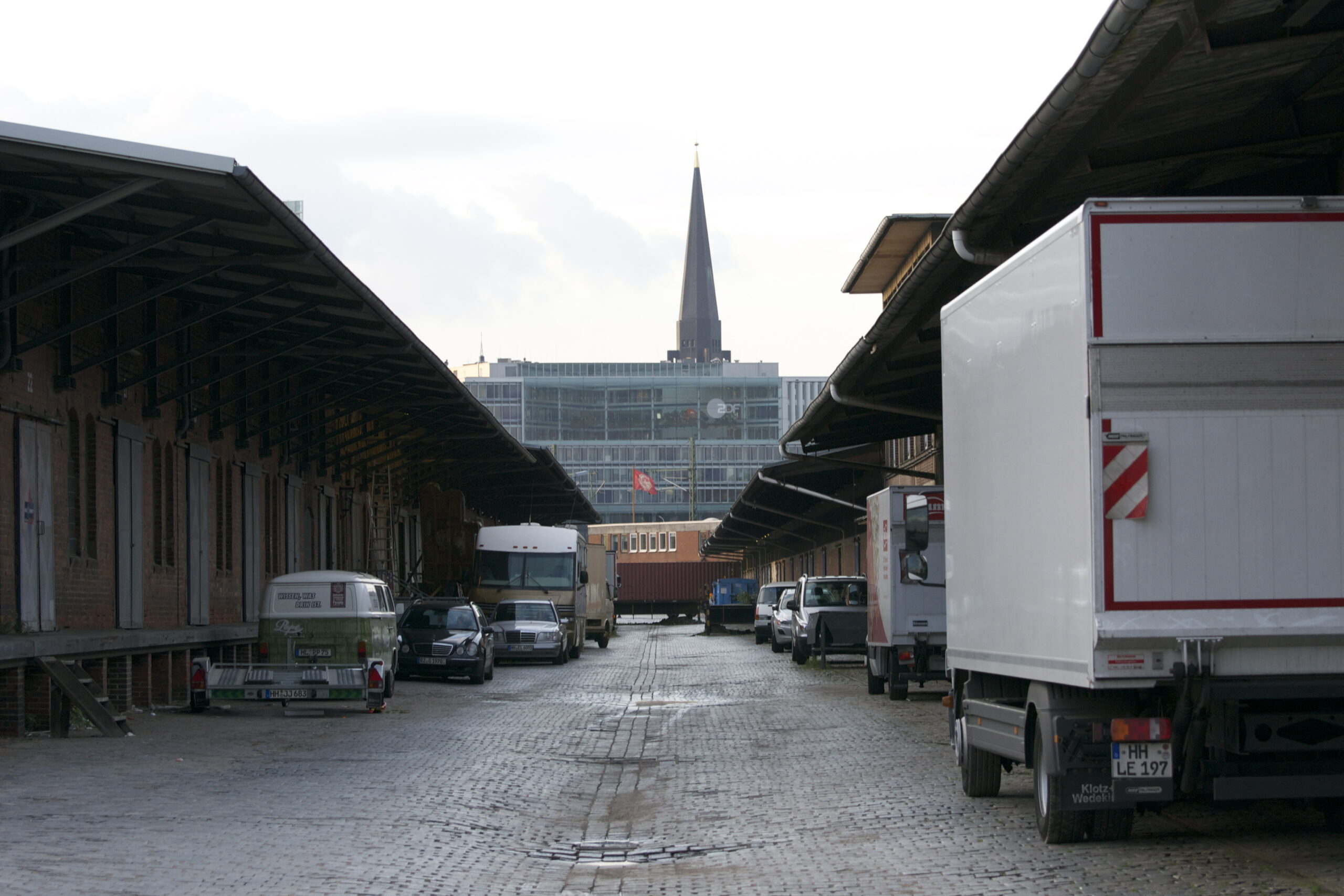I was born in the year of the cop-out, double speak, dust bunny, group think, fairness doctrine, junk food, mass-market, neoconservative, split decision, swing state, tax shelter and wrongful death, among others. Don’t believe me? The Thesaurus offers the fun opportunity to enter your birth year and be presented with all the words that were first used in print that year. Oh, I forgot, kvell was amongst them, the yiddish term for being extraordinarily proud of something. The word is derived from the German word “Quelle,” a source of water erupting. Kvell’s counterpart is kvetch, habitually complaining, as I am known to do. It is derived from the German word “quetschen,” to squeeze to the point of pain. This as an entry, you guessed it, to another round of griping while reveling in the inventiveness of the German/Yiddish language. (Patience, we get to politics in a minute…)

Thinking of words was triggered by reading about the numerous phrases that German holds for pedantry or nit picking. Pea counters (Erbsenzähler) is among them, as is Korinthenkacker (‘currant crapper’) and Paragraphenreiter, which means ‘paragraph rider,’ related to the ways laws are numbered (§), laws that you insist on while doing it by the book, context be damned. Of course, pedantry about applying the law only occurs if it suits those who dispense it.
Take Germany, for example, and consider how unevenly justice was meted out for individuals and corporations that engaged in profiteering during the Nazi era. A new book by investigative journalist David de Jong, Nazi Billionaires, explores the ways how fortunes were made by German tycoons working within the Third Reich’s business and industrial structures. Already rich industrialists (with the exception of the founders of Porsche cars who started poor) profited from the production of weapons (forbidden by the Treaty of Versailles.) Then, with the introduction of the Nürnberg Race Laws, they disenfranchised and eventually expropriated Jewish businesses. Robbery and theft of business assets continued once foreign territories were occupied in those countries.

By 1941, they also used “forced slave labor from mass deportations of people from European countries and Russia, some 12 – 20 million people of whom more than 2.5 million died from horrific working conditions in factories, mines and work camps.” Besides deportations and prisoners of war, concentration camps provided slave labor for private companies, a collaboration of the SS with big companies like BMW, Daimler, Volkswagen, IG Farben, Siemens, Krupp, Dr. Oetker, and companies controlled by Günther Quandt and Friedrich Flick.(Ref.)

What happened to the these corporate perpetrators of crimes against humanity after the war? The book explores how only three trials were held, bringing Friedrich Flick and his managers, Alfred Krupp and his managers, and the entire executive board of IG Farben to justice. All other trials were canceled by the Americans, because they had policy interests that trumped justice. “The Americans limited the number of trials against industrialists because they didn’t want to put capitalism on trial. At that time, the Cold War was getting started, and the Americans made this policy decision where they wanted to rebuild West Germany as a democratically viable and economically strong state, which would act as a buffer against the Soviet Union and the encroachment of communism.”

So people were not dragged into court, were allowed to keep their assets (in the West) to stabilize the newly created republic, and never had to admit to culpability or take responsibility for their crimes. Historians believe that to be true for hundreds of thousands of people who escaped de-nazification under the sheltering embrace of the American occupying forces. Nowadays, some rich families do damage control (some billionaires give away money to relevant charities) often after public outcry. Others create foundations that investigate issues associated with macro-violence, or even recompense forced laborers directly, out of moral obligation, like the heir to the Reemtsma fortunes, fortunes which were partially derived from using slave labor in their factories. Before it went public at the stock exchange last September, Porsche, as another example, tried to remedy parts of its history by negotiations with the heirs of Adolf Rosenberger, the company’s cofounder, who was pushed out of Porsche in 1935 and erased from Porsche company history for being Jewish. But these are drops in the bucket compared to the overall numbers.

I wonder, of course, how much the dispensation of justice – or absence thereof – via the legal system, criminal courts, impeachment trials, ethics commissions and so on is guided by the very same mechanisms right here and now in the U.S. Putting our trust into the likes of the Muellers, Garlands, Smiths of the world might be naive in light of historical precedents that showed nations willing to sacrifice justice on the altar of economic and political imperatives. With the arrival of the 118th house of representatives and their interest in protecting the monied elites we will not even be able to hope for justice. As I write this, the Trump Org CFO Weisselberg was sentenced to five months jail for 15 years of tax fraud, in exchange for a guilty plea and testimony that concerned the Trump organization, but did not flip on Trump personally. The original charges implied a prison sentence up to 25 years. On a five month sentence, he’ll serve approximately 100 days. Compare that to a typical NYC public defense case where people are sentenced to 3-6 years (and will serve 1500+ days) for stealing a jacket. Justice?
70 years after the words first appeared in print, tax shelter, cop-out, double speak and fairness doctrine are as relevant concepts as ever. And now I go and chase dust bunnies.

It was not only industrialists who turned Nazi collaborators. So did the musical world overnight. Here is a Deutsche Welle documentary film (translated into English) that looks at some aspects of music in that era, including how it saved the lives of camp inmates.
Photographs are of German industrial sites.





